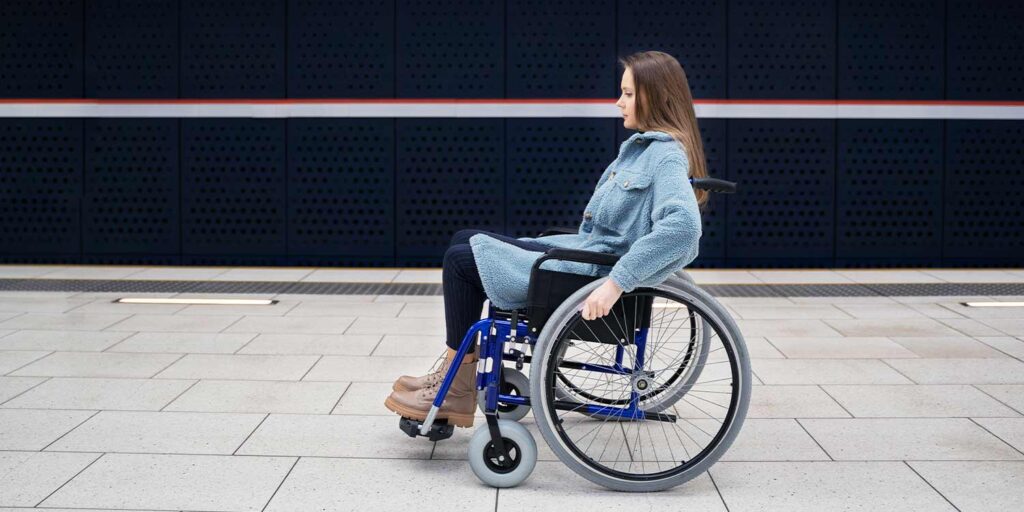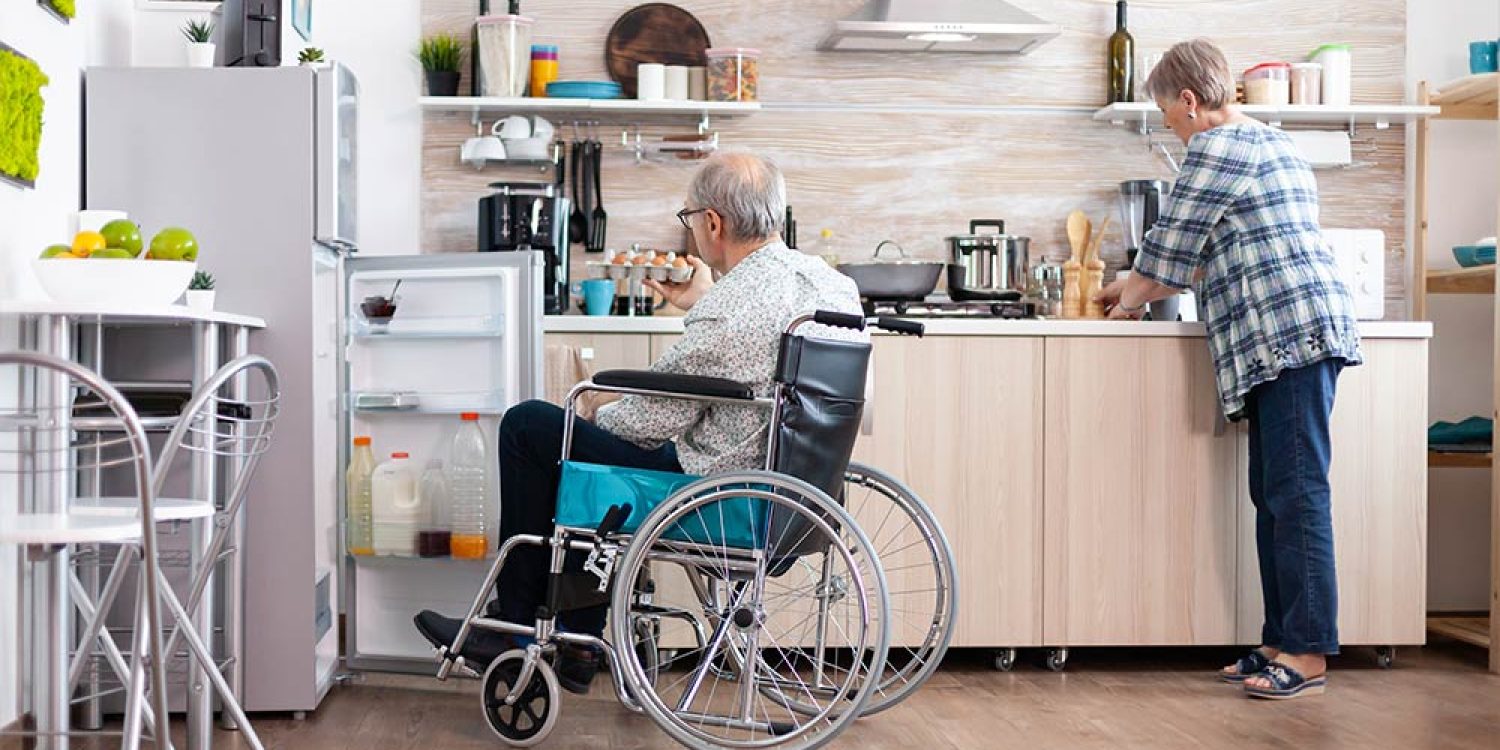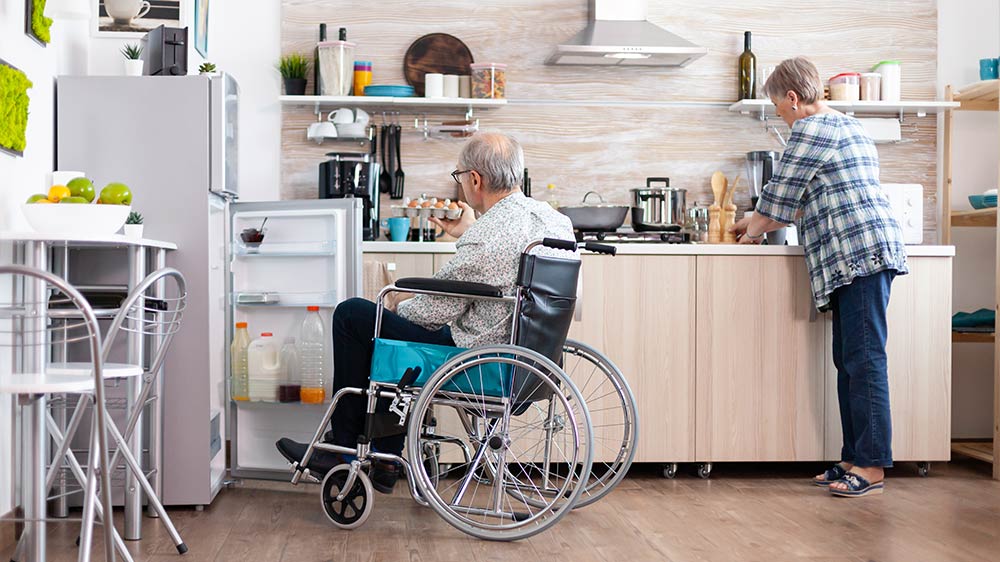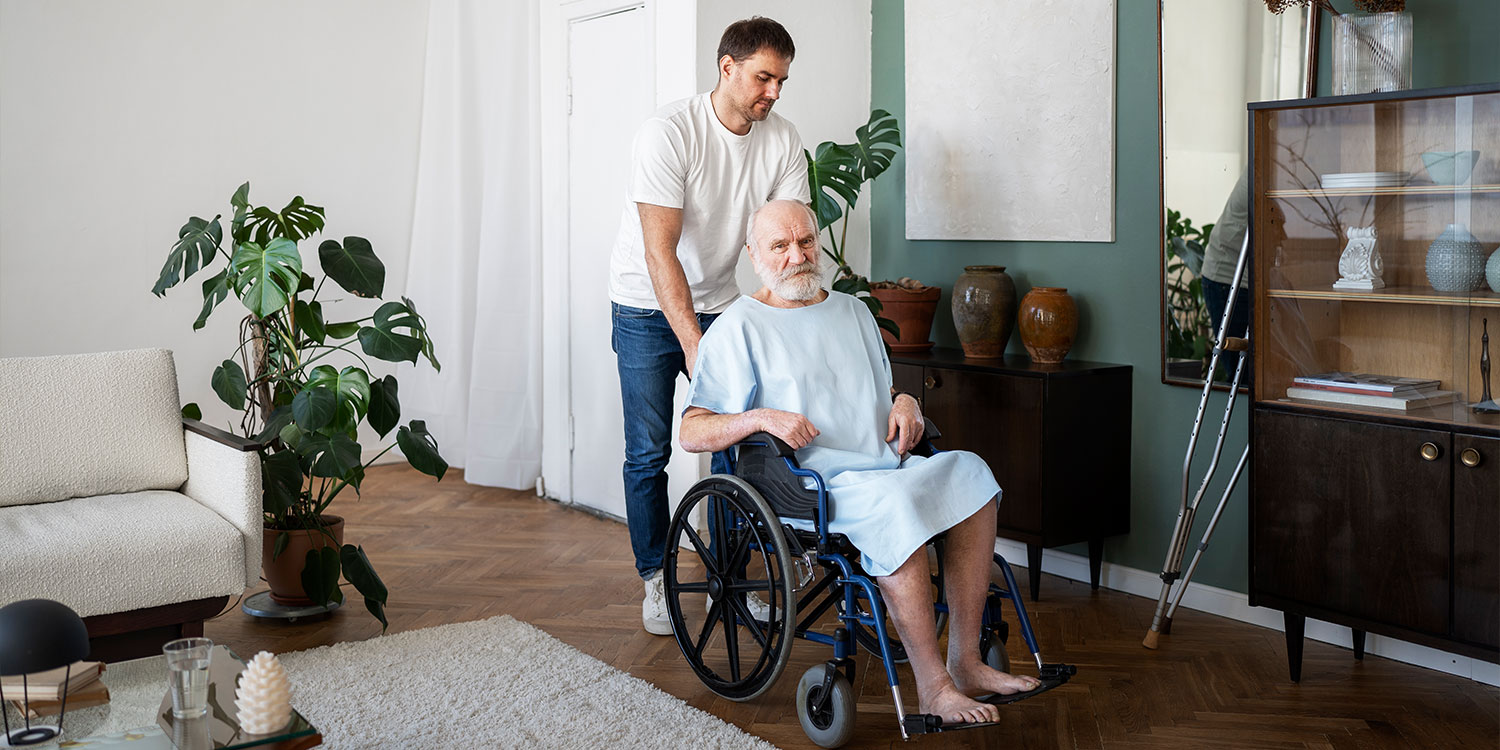Making the decision to transition a loved one or yourself into assisted living is never easy. It often comes with emotional challenges, concerns about independence, and questions about timing. However, understanding the signs that indicate the need for a higher level of care can bring clarity and peace of mind. Assisted living in Richmond Hill offers a supportive environment where seniors can receive help with daily tasks while continuing to live as independently as possible. Recognizing the appropriate time for this move can significantly improve quality of life, safety, and overall well-being.
This blog highlights the most common signs that suggest it may be time to consider assisted living care and how to approach this important life transition with confidence and compassion.

1. Difficulty Managing Daily Tasks
When basic daily activities such as cooking, cleaning, bathing, or dressing become challenging, it is often one of the first indicators that assisted living should be considered. A decline in physical ability, stamina, or cognitive functioning can make routine tasks feel overwhelming or even unsafe.
Assisted living facilities are designed to support seniors with these tasks, offering tailored assistance to meet individual needs while still promoting independence.
2. Increased Health Concerns and Medical Needs
Frequent visits to the doctor, multiple medications, and worsening chronic health conditions are all signs that a person may need more consistent medical supervision. Missed appointments or incorrect medication use can lead to serious health complications.
Communities providing assisted living in Brampton offer medication management and health monitoring services, ensuring residents receive the care they need without the stress of managing it all alone.
3. Noticeable Changes in Hygiene and Appearance
If a loved one starts neglecting personal hygiene or wears the same clothes repeatedly, it might signal underlying issues. These changes could result from physical limitations, cognitive decline, or even depression.
Assisted living staff can assist with grooming, dressing, and bathing in a respectful manner, helping residents maintain their dignity and feel their best every day.
4. Increased Isolation and Loneliness
Social isolation is a major concern among aging adults and can have a significant impact on physical and mental health. Seniors who live alone often experience loneliness, which has been linked to conditions such as depression, cognitive decline, and heart disease.
Assisted living communities promote social interaction through activities, dining programs, and group events, helping residents build friendships and enjoy a fulfilling social life.
5. Poor Nutrition or Irregular Eating Habits
If an individual is losing weight, skipping meals, or relying heavily on processed or frozen foods, it may be due to difficulty preparing meals or a loss of interest in cooking. Nutritional deficiencies can lead to weakness, immune issues, and other health problems.
In an assisted living environment, residents receive well-balanced meals prepared by professionals, along with access to snacks and dining support if needed.
6. Safety Concerns in the Home
Home safety becomes a growing concern as mobility decreases. Frequent falls, burns, or accidents in the kitchen or bathroom indicate that the current living arrangement may no longer be safe.
Assisted living facilities are designed with senior safety in mind. Features like handrails, emergency call systems, and fall prevention protocols ensure that residents are protected at all times.
7. Cognitive Decline and Memory Loss
Mild forgetfulness is common with aging, but when memory issues begin to affect daily life — such as forgetting to pay bills, taking medications incorrectly, or getting lost — it may be time to explore supportive options.
Facilities offering assisted living services in Richmond Hill often include memory care programs for residents showing early signs of dementia or Alzheimer’s, ensuring a structured and safe environment.
8. Behavioral or Emotional Changes
Unexpected mood swings, irritability, or changes in personality may be signs of emotional distress or mental health concerns. A previously active and cheerful individual who becomes withdrawn or anxious might be struggling more than they let on.
Assisted living communities provide access to mental health support and companionship, offering both professional care and daily interactions that foster emotional well-being.
9. Inability to Manage Finances
When bills go unpaid, or unusual financial decisions start to occur, it may point to difficulty handling money due to cognitive issues or stress. Seniors are also at higher risk for financial scams, which can result in serious consequences.
In an assisted living setting, residents no longer need to worry about managing utility payments, home repairs, or multiple service providers. Costs are simplified, and financial exploitation risks are reduced.
10. Caregiver Burnout or Stress
Family members often take on the role of caregiver out of love and dedication. However, it is not uncommon for this role to become overwhelming, especially when managing work, family responsibilities, and caregiving duties simultaneously.
Transitioning a loved one into assisted living relieves this pressure, allowing caregivers to return to being supportive family members rather than full-time care providers.
11. Driving Has Become Dangerous
Many seniors continue to drive longer than is safe, due to a reluctance to lose independence. However, decreased reaction times, poor eyesight, or confusion can make driving dangerous for both the individual and others on the road.
Assisted living communities provide scheduled transportation to appointments, shopping centers, and local attractions, ensuring mobility without compromising safety.
12. Gut Instinct and Growing Concern
Sometimes the signs are subtle or vary from day to day, but if you or your loved one have had an ongoing sense that something is not quite right, it is important to trust that instinct. Waiting too long can result in unnecessary risks.
Taking proactive steps and having open conversations with loved ones or healthcare professionals can help ensure the transition is made at the right time, not after a crisis.
Benefits of Assisted Living
Assisted living services in Brampton or Richmond Hill offers more than just help with basic needs. It provides a holistic approach to senior care, supporting emotional, social, and physical wellness. Services typically include:
- 24-hour support staff
- Personalized care plans
- Medication management
- Housekeeping and laundry
- Engaging social and recreational programs
- Transportation services
- Nutritious meals
By creating a safe, structured, and supportive environment, assisted living enhances the quality of life for residents and brings peace of mind to families.
How to Choose the Right Assisted Living Community
When evaluating options, it is important to consider factors such as:
- Location and proximity to family
- Level of care provided
- Staff qualifications and training
- Cleanliness and safety measures
- Dining and activity options
- Resident satisfaction and testimonials
Visiting multiple communities, asking detailed questions, and involving your loved one in the decision-making process can make the transition smoother and more comfortable for everyone involved.
Conclusion
Recognizing the signs that it may be time for assisted living is a critical step in ensuring the well-being and safety of your loved one. Changes in health, mobility, mood, and independence should not be ignored. Instead, they should be viewed as signals that it may be time to seek additional support.
Whether you are exploring assisted living in Brampton or considering the options available for assisted living in Richmond Hill, rest assured that making the move does not mean sacrificing independence. Rather, it is a proactive choice that can lead to enhanced comfort, security, and fulfillment in the years ahead.
Assisted living is not the end of independence. It is the beginning of a new chapter filled with care, community, and dignity.














